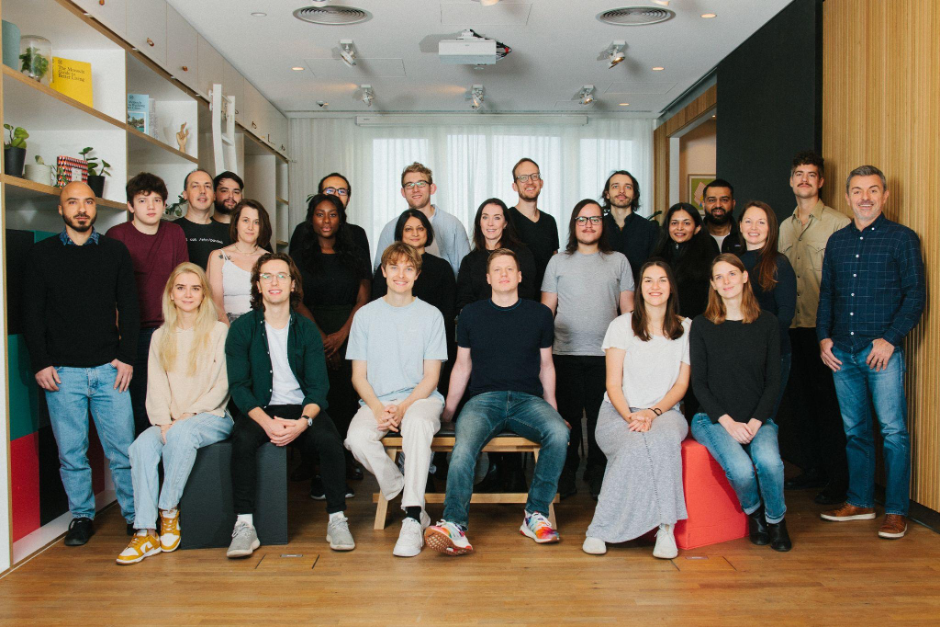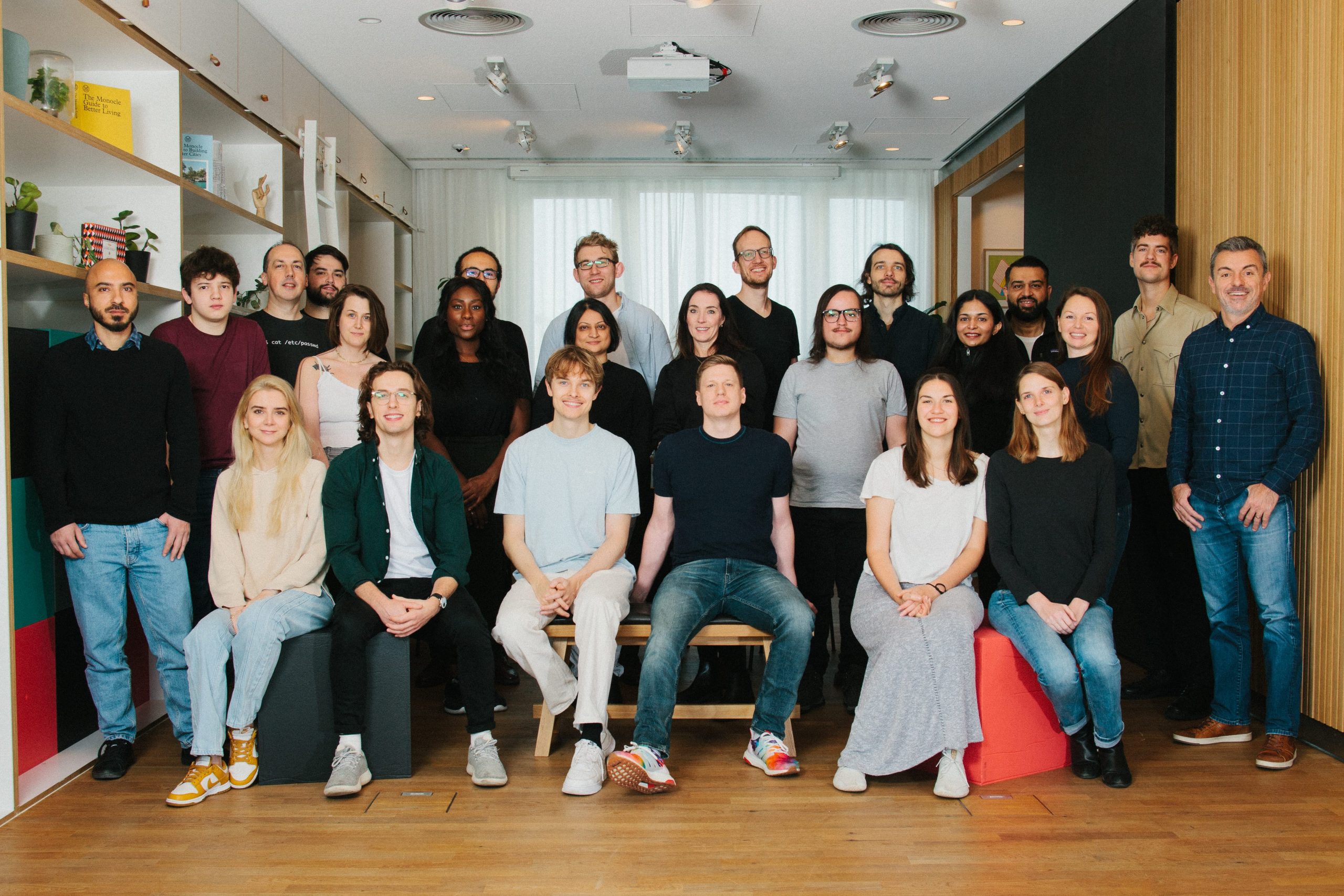Meet the innovator: Ross Harper
January 26, 2023Post Title
In this edition, we catch up with Ross Harper, CEO of Limbic a cutting-edge software that drives information within psychological therapy to enhance mental healthcare in the UK.
Tell us about your innovation in a sentence:
Limbic is making the highest quality mental healthcare available to everyone, everywhere, regardless of socioeconomic factors. Our flagship product, Limbic Access, is the world's first AI mental health chatbot to have achieved Class IIa UK medical device status, and has helped over 130,000 NHS patients enter care, releasing over 30,000 clinical hours for NHS Talking Therapies services.
What was the ‘lightbulb’ moment?
The lightbulb moment was speaking to NHS clinicians. From this we learned some important lessons:
- many existing digital solutions have an issue around patient engagement and are under-utilised, and;
- many clinicians remain over-stretched and this is a crucial bottleneck in the care journey.
We realised we could use our AI not only to support patients but also clinicians. We found ways to make clinicians’ lives easier, freeing up their time and headspace to focus on other aspects of care, and supporting a truly personalised experience for patients, which was reflected in reduced wait times, improved recovery rates, and improved patient experience.
What three bits of advice would you give budding innovators?
1. Be problem focussed (innovators exist to solve the world’s biggest problems)
2. Be customer obsessed (they know more than you about their problems)
3. Be willing to let go of your initial hypotheses in response to new data
What’s been your toughest obstacle?
The toughest obstacle has been finding the right balance between innovating at pace while staying compliant. Mental healthcare technology is a relatively new field, and the regulatory landscape is constantly evolving. We have to meet rigorous standards of safety and efficacy to achieve our Class 2 medical device status and ensure our tools provide meaningful help for those who need it most. Although this process was difficult, we are proud of the outcome and confident that this will pave the way for future innovations in mental health technology using AI.
What’s been your innovator journey highlight?
My innovator journey highlight has been the overwhelmingly positive (anonymous) feedback we've received from patients using Limbic Access. To be able to provide relief and aid through AI-based solutions is incredibly rewarding and I'm overwhelmed by the difference we're making in people's lives. It’s the whole reason we started Limbic. To give you an example:
“I feel listened to, and like I was able to pinpoint certain areas that are affecting me.
It has taken me so long to ask for help and this first step has been easier than I thought. Thank you”
Best part of your job now?
Working on cutting edge AI with some of the world's foremost scientists in the field. It really does feel like we are at the beginning of something revolutionary in psychological therapy. Our research team has over 6,000 citations, and we are uniquely placed to combine AI and clinical psychology in a meaningful way. It's truly exciting work! Every day it feels like we are pushing the boundaries of mental healthcare, and it's great to be a part of such an important movement. Our team is passionate about making sure the highest quality care is accessible and affordable for everyone, and we are committed to creating solutions that will make this a reality. I’m genuinely excited to see the next breakthrough to come out of our lab! (Spoiler: it’s coming soon).
If you were in charge of the NHS and care system, what’s the one thing you’d do to speed up health innovation?
I would encourage and ultimately require interoperability between software providers. Mental healthcare, especially with AI technology, requires seamless integration between multiple providers and services. By requiring interoperability across software solutions, we could open up the pathway for innovation and collaboration and create a more efficient process. This would ultimately create opportunities for better patient outcomes and improved access to mental healthcare services.
A typical day for you would include…
The first thing I do each day is talk to Limbic - I need to be a power user of our own AI in order to have insight into our users. I then check in with my direct reports on our goals and objectives for the day, and review key metrics and analytics from our software products to get a sense of how we are performing relative to our goals. After this, I spend some time networking with industry professionals and partners and then I meet with our product team to review any new features or updates. Finally, I end the day by connecting with customers and clients in order to gain insights into how they are using our products and what improvements could be made.

